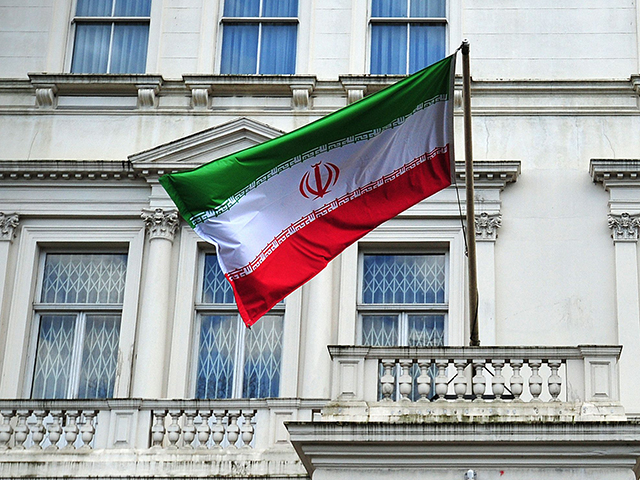The International Atomic Energy Agency (IAEA) is set to release a report indicating that Iran is fulfilling its commitments under the November interim agreement on Iran’s nuclear program. Iran has diluted half of its higher-grade enriched uranium stockpile, as required by the agreement, according to the IAEA.
While this is good news, the IAEA also noted that Iran announced a delay in finishing construction of a facility that will convert low-enriched uranium gas into an oxide powder that is less suitable for further processing into highly enriched bomb-grade uranium.
Consequently, the low-enriched uranium that Iran continues to accumulate will remain a greater proliferation threat, as it will be retained in a form that is more easily enriched to higher levels.
The real test for reaching an acceptable final agreement will be whether Iran agrees to extensive limits on its uranium enrichment, and intrusive inspections and modification of its plans for the Arak heavy water reactor to bar plutonium production. And even then, agreement is insufficient—Iran must actually live up to its commitments.
But Tehran has taken a hard line against dismantling any of its nuclear infrastructure. Ayatollah Ali Khamenei, Iran’s Supreme Leader, warned on April 9th that Iran will never give up its nuclear program:
These talks need to continue but all must know that despite continuation of the talks, activities of the Islamic Republic of Iran in the field of nuclear research and development won’t be halted at all.
Iran is developing more efficient centrifuges that will boost its potential output of enriched uranium and reduce the warning time for an Iranian nuclear breakout. Iran not only has refused to accept meaningful restrictions on the quantity and quality of its centrifuges, but it has ruled out giving up the plutonium path to a nuclear weapon offered by the heavy water reactor at Arak.
Iran also refuses to discuss its huge ballistic missile force, which is an important aspect of any nuclear weapons program.
Meanwhile, the Obama Administration’s relaxation of sanctions on Iran has enabled Tehran to surge its oil exports above the 1 million barrel per day average through July 20 set by the interim nuclear agreement.
This undermining of sanctions makes it even less likely that the Obama Administration will be able to reach an acceptable final agreement with Iran on the nuclear issue.
>>>Read More: U.S. Should Maximize Pressure on Iran at Nuclear Talks
Related Posts:
Iran: More Sanctions Pressure Needed to Salvage an Acceptable Nuclear Deal






























